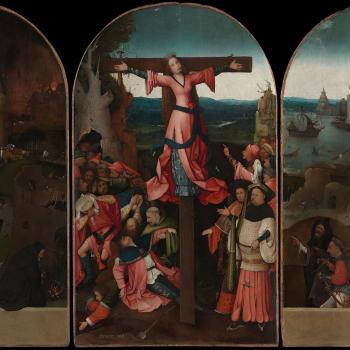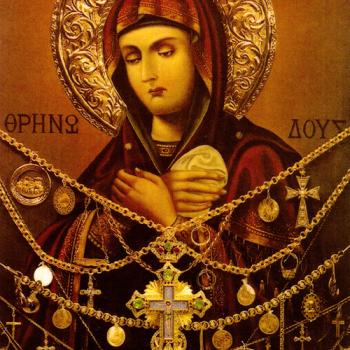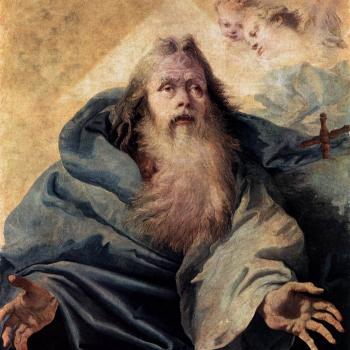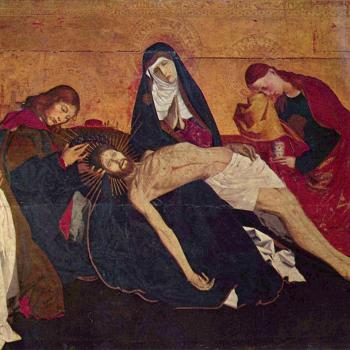“To coerce a man is to deprive him of freedom—freedom from what? Almost every moralist in human history has praised freedom. Like happiness and goodness, like nature and reality, the meaning of this term is so porous that there is little interpretation that it seems able to resist.” – Isaiah Berlin Being American, I can’t help but hear the words “freedom” and “liberty” a lot. Every sporting event, never mind every communal gathering, finds its beginning in our national anthem:... Read more

















